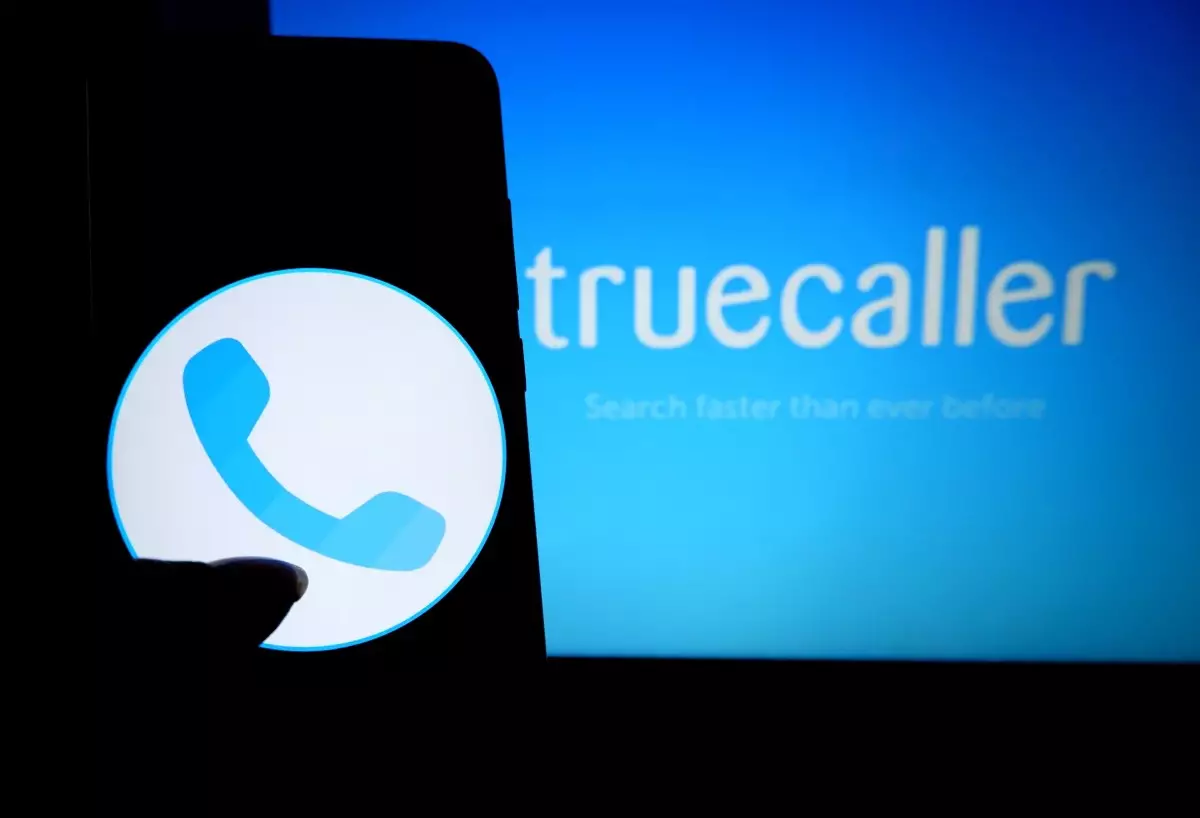Truecaller’s decision to eliminate its call recording feature on iOS reflects a strategic shift that warrants scrutiny. Despite launching the feature over two years ago—initially as an enticing perk for users—the company now deems it more beneficial to redirect focus toward its foundational strengths: robust spam blocking and enhanced caller identification. This move underscores a vital lesson in technology: sometimes, the pursuit of innovation must be balanced with the realities of platform limitations and user trust. While call recording was anticipated to serve as a differentiator, especially enticing iPhone users, its discontinuation signals that the associated complexities and potential legal constraints outweigh its benefits.
From a market perspective, Truecaller’s core value proposition—fighting nuisance callers—remains crucial, especially in an era plagued by persistent robocalls and scam attempts. By zooming in on these protective capabilities, the company aligns its resources with what customers most desire: security and reliability in communication. Their decision suggests that, in the long term, safeguarding user trust and platform stability may be more profitable than expanding features that introduce legal and technical complexities.
The Technical and Regulatory Challenges of Call Recording
The move away from call recording on iOS reveals the inherent difficulties in integrating such features within Apple’s ecosystem. Unlike Android, where call recording can be seamlessly incorporated, iOS’s restrictive environment makes third-party recordings inherently more complicated. Truecaller’s workaround—merging calls to record—raises both operational costs and ethical questions about user privacy. Many jurisdictions impose strict legal restrictions on call recordings, especially without explicit user consent, which complicates global deployment.
Furthermore, Apple’s recent enhancements in iOS 18.1, introducing native call recording and transcription, weaken third-party apps’ competitive edge. These built-in tools—powered by Apple’s native intelligence—offer a more reliable, privacy-conscious experience that third-party solutions, working around strict OS limitations, cannot easily match. This regulatory shift essentially diminishes the value proposition of third-party call recording apps, prompting companies like Truecaller to reconsider their investment in these features.
Focusing on Strengths: Security, Spam Protection, and User Trust
Truecaller’s pivot signifies a broader realization that users may prioritize security and spam prevention over additional call features. Its investment in real-time caller ID, automatic spam filtering, and privacy-preserving modes seems to resonate more with the core needs of its user base. Importantly, around 44% of its premium revenue emanates from iOS users, highlighting that the platform’s user base is both lucrative and discerning.
By choosing to emphasize core safety features, Truecaller is effectively positioning itself as a protector of privacy rather than merely a call recorder. This approach likely fosters increased user trust—an invaluable asset in the digital age. While some users may be disappointed by the loss of call recording, many will appreciate that the company is prioritizing stability, compliance, and genuine security rather than chasing fleeting features that might endanger the platform’s integrity.
Ultimately, Truecaller’s strategic retreat from call recording underscores a critical lesson: serving user needs authentically and within legal bounds often outweighs superficial innovation. Their focus on core strengths in spam prevention and caller identification sets a promising trajectory for sustainable growth—provided they continue to adapt to evolving technological and regulatory landscapes.

